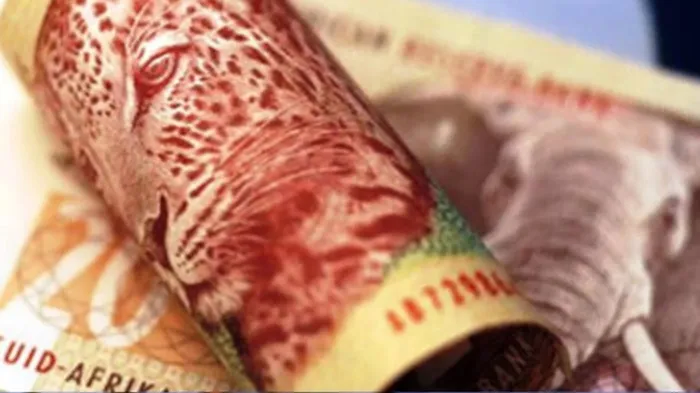True freedom for today’s youth and rethinking Black Tax

RANDS AND SENSE
By John Manyike
Freedom is never easy to achieve. It means hard work, dedication, obligations and sacrifice. In South Africa, it can also mean honouring costly traditions that have not changed for generations and are seen as being a necessary part of leading more fruitful lives in a democracy. Take Black Tax, for example.
It's ironic that as South Africa celebrates the Soweto uprising of June 1976, now 46 years in the past, many of the youngsters who changed our nation's destiny are firmly in their later years and probably benefiting from Black Tax. It's a tradition and obligation they probably honoured and one that most would expect their children to keep.
So, although we today enjoy the freedom that comes with a hard-won democracy, many young South Africans have something else to aim for. It's known as financial freedom – something that, because of Black Tax, their parents didn't achieve. Now, as today's youth financially assist the generation of Soweto 1976, they bear the cost and hardships, hoping that they, in turn, will be able to rely on Black Tax in the future.
An honourable tradition, yes, but certainly one that can cause resentment as people battle to cope financially in difficult times when raising families can put a massive strain on family budgets. Knowing that Black Tax is helping to support ageing parents is one thing, but what if that hard-earned money is going to siblings and family members who give scant recognition to those who are maintaining their lifestyles? When this occurs, an obligation changes to a sense of betrayal and family conflicts can ensue.
Perhaps the time has come for Black Tax to get a 21st-century tweak. What comes to mind is the quotation by Chinese philosopher Lao Tzu: “Give a man a fish and you feed him for a day; teach a man to fish, and you feed him for a lifetime.” Giving this 21st-century relevance means substituting fishing with the frequently used, modern concept of “empowerment”.
Perhaps the time has come to regard Black Tax not as a never-ending monthly contribution made at the cost of a family being denied the opportunities that extra cash could bring. Position the tax as a contribution to creating independence, and its nature changes. No longer is it a burden that could last for decades; it is an investment that, once made, can restore pride and at the same time lift a financial burden from the shoulders of the donor.
The key to change is regarding Black Tax as an investment. By scouting for small and micro business opportunities – something as simple as selling cold drinks, snacks and coffee from a mobile trailer – two significant benefits can arise. A service can be brought to an area where there was none, and the Black Tax recipients are given the gift of being able to support themselves by building a business and a legacy.
Beyond price is the pride and confidence that can emerge in a dependent who, once reliant on a hand-out, is now able to support himself and others.
Best of all, once the capital investment has been made and a positive cash flow achieved, a family on the other side of town will be enjoying a better standard of living. The benefits that can arise when money is available for long-term savings and investments could mean more opportunities. Most significantly, it could mean a new generation that can enjoy financial freedom.
Traditions are there to guide and build a society's values. This doesn't mean that they can't be updated and improved – especially if the changes bring shared benefits.
John Manyike is Head of Financial Education at Old Mutual.